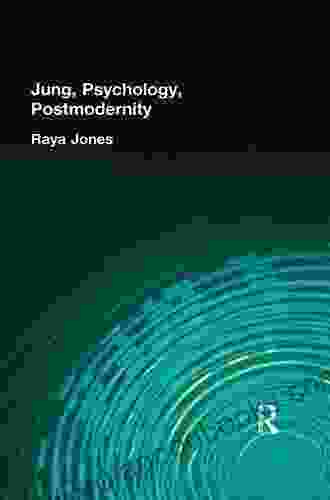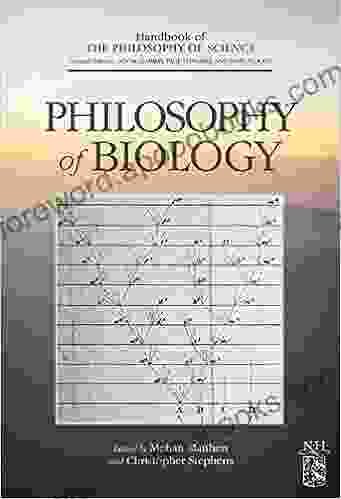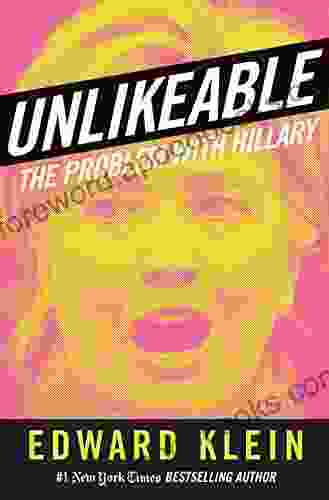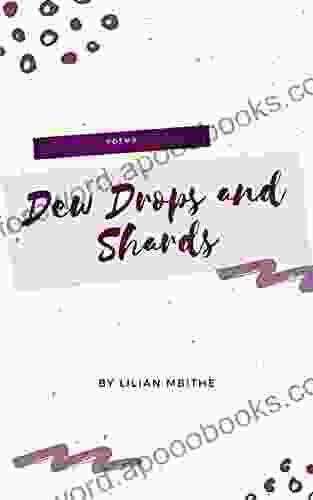Jung Psychology and Postmodernity: A Paradigm Shift Explored by William Jelani Cobb

In an era characterized by fragmentation, uncertainty, and the constant flux of information, Jung psychology offers a profound and timely lens for understanding the human psyche and its navigation of the postmodern landscape. In his groundbreaking work, "Jung Psychology Postmodernity," William Jelani Cobb expertly weaves together the profound insights of Jungian psychology with the complex tapestry of postmodern thought, offering a transformative roadmap for exploring the interplay between the two.
4.9 out of 5
| Language | : | English |
| File size | : | 2272 KB |
| Text-to-Speech | : | Enabled |
| Screen Reader | : | Supported |
| Enhanced typesetting | : | Enabled |
| Word Wise | : | Enabled |
| Print length | : | 154 pages |
Jungian Psychology: A Journey into the Depths of the Psyche
Drawing upon the rich legacy of Carl Jung, Cobb delves into the foundational principles of Jungian psychology, unraveling the intricate workings of the human psyche. Jung's pioneering theories on archetypes, the collective unconscious, and the process of individuation serve as a cornerstone for understanding how we perceive and experience the world around us.
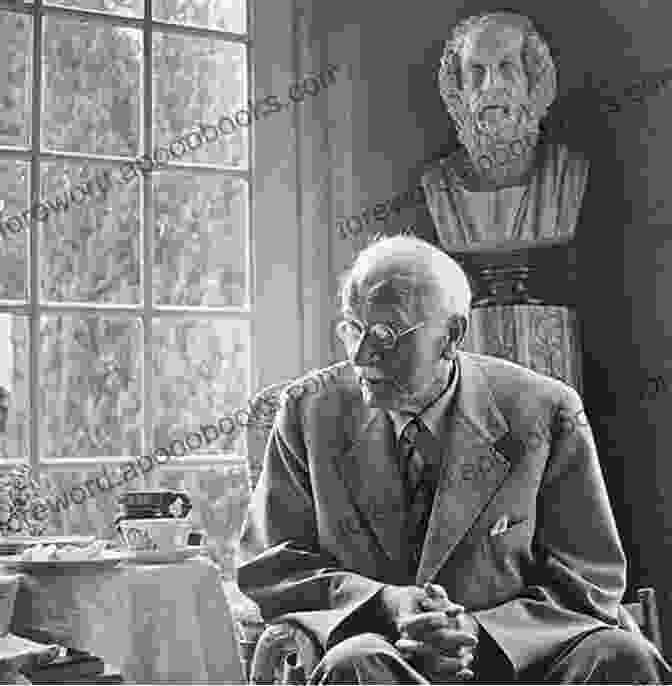
According to Jung, the psyche is a complex and dynamic system comprised of both conscious and unconscious elements. The conscious mind, accessible to our immediate awareness, forms only a fraction of our entire psyche. Beneath the surface lies the vast expanse of the unconscious, which harbors our repressed thoughts, emotions, and ancestral wisdom.
Jungian psychology places great emphasis on the concept of archetypes, universal patterns that transcend individual experiences. These archetypes, such as the persona, shadow, and anima/animus, shape our perceptions, behaviors, and relationships. By understanding these archetypal forces, we gain invaluable insights into the enigmatic depths of the human psyche.
Postmodernity: Navigating Complexity and Ambiguity
William Jelani Cobb deftly analyzes the profound implications of Jungian psychology in the context of postmodernity, a complex and multifaceted era marked by the erosion of grand narratives, the rise of fragmentation, and the blurring of boundaries. Postmodern thought challenges traditional notions of truth, identity, and reality, leaving us grappling with uncertainty and the constant flux of information.
In this intricate landscape, Jungian psychology offers a transformative lens, providing a framework for navigating the complexities and ambiguities of postmodernity. Jung's emphasis on the unconscious, the fluidity of identity, and the importance of subjective experience resonates deeply with the postmodern worldview.
The Intersection of Jungian Psychology and Postmodernity
Cobb masterfully elucidates the profound intersections between Jungian psychology and postmodernity, highlighting areas of convergence and divergence. Jung's exploration of the unconscious, dreams, and archetypes aligns with postmodernism's emphasis on the subjective, the fragmented, and the interplay of multiple perspectives.
However, Cobb also acknowledges the tensions between the two perspectives. Postmodernity's critique of universal truths and grand narratives may seem to conflict with Jung's emphasis on archetypes and the collective unconscious. Cobb skillfully navigates these tensions, demonstrating how Jungian psychology can provide a nuanced understanding of the postmodern condition.
Jungian Psychology in Practice: Tools for Transformation
William Jelani Cobb's work goes beyond mere theoretical exploration; he deftly demonstrates the practical applications of Jungian psychology in the postmodern world. Through case studies and personal anecdotes, Cobb illustrates how Jungian techniques, such as dream analysis, can provide invaluable tools for personal growth and individuation.

By delving into the depths of the unconscious, individuals can gain profound insights into their inner workings, resolve conflicts, and chart a path towards self-actualization. Jungian psychology, when applied with sensitivity and discernment, offers a transformative roadmap for navigating the complexities of the postmodern world.
In his groundbreaking work, "Jung Psychology Postmodernity," William Jelani Cobb presents a compelling and insightful exploration of the profound interplay between Jungian psychology and the postmodern condition. Through a combination of theoretical analysis and practical applications, Cobb illuminates the unique contributions of Jungian psychology in understanding the complexities of the contemporary world.
This masterpiece provides a valuable resource for psychologists, scholars, and anyone seeking a deeper understanding of the human psyche and its navigation of the postmodern landscape. William Jelani Cobb's work stands as a testament to the enduring power of Jungian psychology and its relevance in an ever-evolving world.
4.9 out of 5
| Language | : | English |
| File size | : | 2272 KB |
| Text-to-Speech | : | Enabled |
| Screen Reader | : | Supported |
| Enhanced typesetting | : | Enabled |
| Word Wise | : | Enabled |
| Print length | : | 154 pages |
Do you want to contribute by writing guest posts on this blog?
Please contact us and send us a resume of previous articles that you have written.
 Book
Book Novel
Novel Page
Page Chapter
Chapter Text
Text Story
Story Genre
Genre Reader
Reader Library
Library Paperback
Paperback E-book
E-book Magazine
Magazine Newspaper
Newspaper Paragraph
Paragraph Sentence
Sentence Bookmark
Bookmark Shelf
Shelf Glossary
Glossary Bibliography
Bibliography Foreword
Foreword Preface
Preface Synopsis
Synopsis Annotation
Annotation Footnote
Footnote Manuscript
Manuscript Scroll
Scroll Codex
Codex Tome
Tome Bestseller
Bestseller Classics
Classics Library card
Library card Narrative
Narrative Biography
Biography Autobiography
Autobiography Memoir
Memoir Reference
Reference Encyclopedia
Encyclopedia David Cohen
David Cohen David Bromwich
David Bromwich Helen Simonson
Helen Simonson Miles White
Miles White Evie Mitchell
Evie Mitchell Kate Kingsbury
Kate Kingsbury Edward Marteson
Edward Marteson Denise Gimenez Ramos
Denise Gimenez Ramos David Dudley Field
David Dudley Field Karen Russell
Karen Russell David N Moore
David N Moore Michael William
Michael William Jerome R Corsi
Jerome R Corsi Howard S Adelman
Howard S Adelman P W Moore
P W Moore Timothy M Lapira
Timothy M Lapira David Petrie
David Petrie Stephen Down
Stephen Down Gerard Shaw
Gerard Shaw Peter Westoby
Peter Westoby
Light bulbAdvertise smarter! Our strategic ad space ensures maximum exposure. Reserve your spot today!
 Jack PowellFollow ·19.4k
Jack PowellFollow ·19.4k Gus HayesFollow ·15.5k
Gus HayesFollow ·15.5k Peter CarterFollow ·8.8k
Peter CarterFollow ·8.8k Henry Wadsworth LongfellowFollow ·13.7k
Henry Wadsworth LongfellowFollow ·13.7k Michael ChabonFollow ·4.9k
Michael ChabonFollow ·4.9k Caleb CarterFollow ·9.2k
Caleb CarterFollow ·9.2k Patrick RothfussFollow ·5.4k
Patrick RothfussFollow ·5.4k Hugh BellFollow ·7.5k
Hugh BellFollow ·7.5k
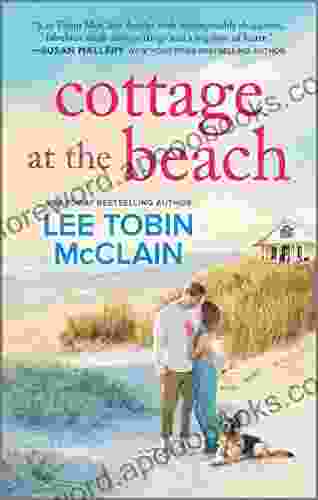
 Douglas Powell
Douglas PowellEscape into a World of Sweet Love and Second Chances with...
Prepare yourself...

 Garrett Powell
Garrett PowellMaster Badminton: A Comprehensive Guide to the Thrilling...
Are you ready to step into the world of...
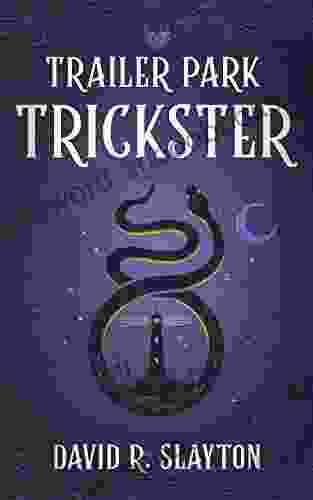
 Deacon Bell
Deacon BellTrailer Park Trickster: The Adam Binder Novels
Book 1: The...
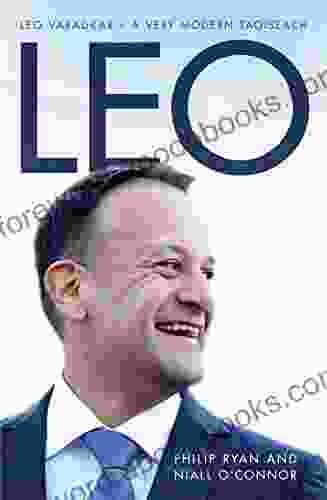
 Oscar Bell
Oscar BellLeo: The Very Modern Taoiseach
Leo Varadkar's journey...
4.9 out of 5
| Language | : | English |
| File size | : | 2272 KB |
| Text-to-Speech | : | Enabled |
| Screen Reader | : | Supported |
| Enhanced typesetting | : | Enabled |
| Word Wise | : | Enabled |
| Print length | : | 154 pages |


